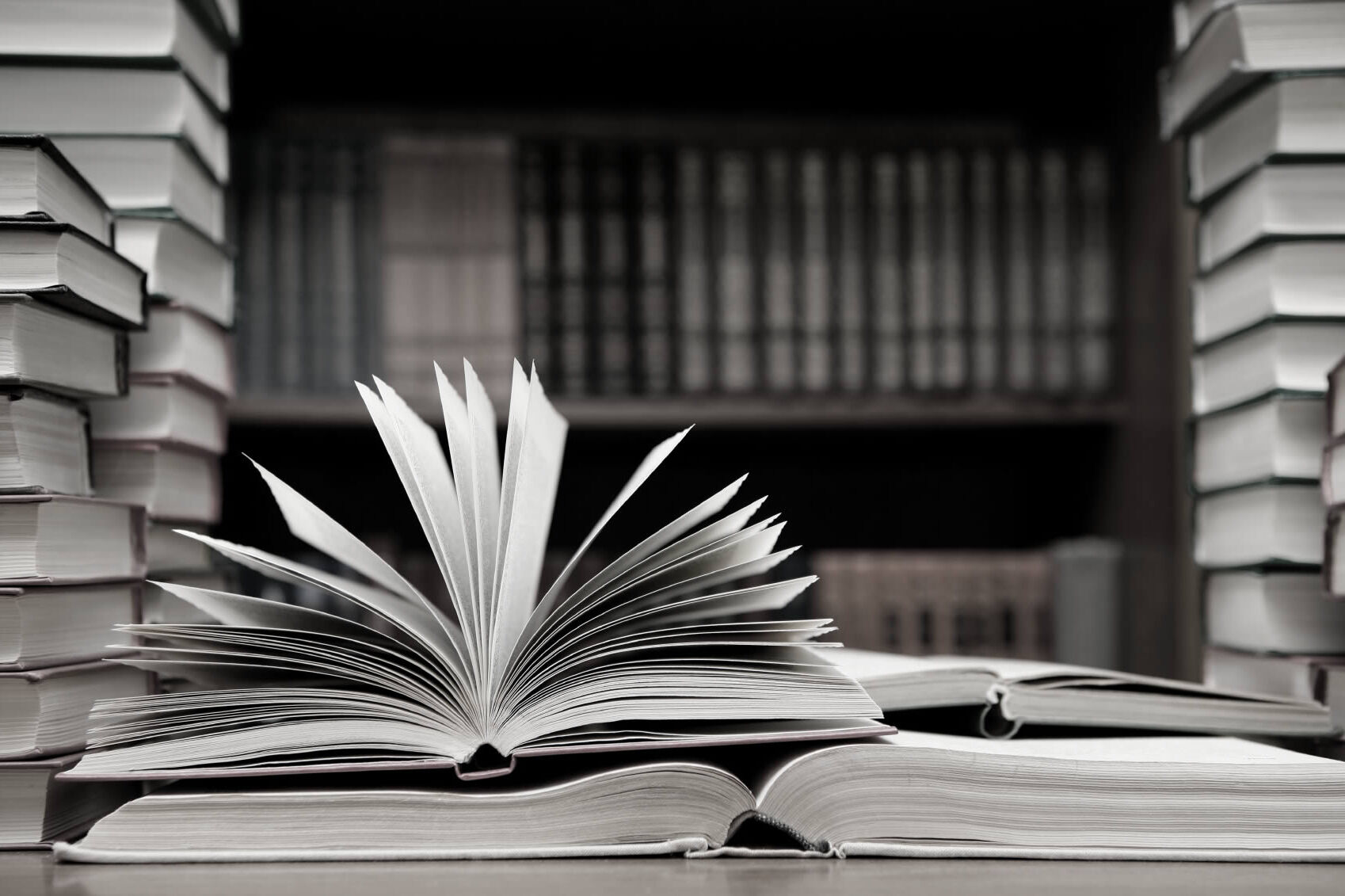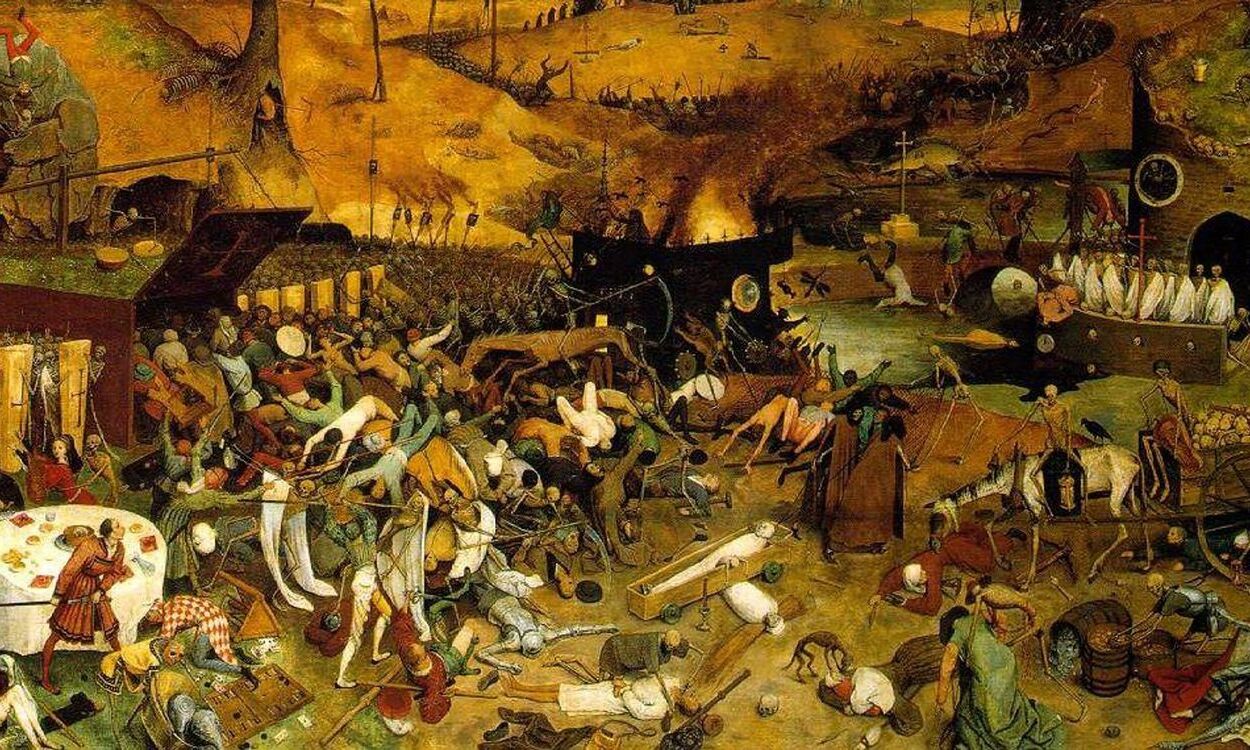
Modern literature is a vast and dynamic field that continues to evolve, reflecting the complexities of contemporary life. From groundbreaking novels to thought-provoking poetry, modern literature offers a rich tapestry of stories and ideas that captivate readers around the globe. But what makes modern literature so compelling? Is it the diverse voices and perspectives, the innovative narrative techniques, or the way it tackles pressing social issues? In this blog post, we'll explore 28 fascinating facts about modern literature that will deepen your appreciation for this ever-changing art form. Whether you're a seasoned reader or just starting your literary journey, these insights will shed light on the vibrant world of modern literature.
Key Takeaways:
- Modern literature has evolved with diverse voices, genre blending, and the rise of digital publishing, making books more accessible and immersive for readers of all backgrounds.
- The future of modern literature may include VR and AR books, AI-generated content, and personalized reading experiences, shaping a more interactive and globally collaborative literary landscape.
The Evolution of Modern Literature
Modern literature has undergone significant changes over the years. From the rise of new genres to the influence of technology, let's explore some fascinating facts about contemporary literary trends.
-
Digital Publishing Boom: The advent of e-books and online platforms has revolutionized the way books are published and consumed. Authors can now self-publish their work with ease, reaching a global audience without traditional gatekeepers.
-
Diverse Voices: Modern literature increasingly features diverse voices and perspectives. Authors from various backgrounds are telling stories that reflect their unique experiences, enriching the literary landscape.
-
Genre Blending: Contemporary writers often blend genres to create unique narratives. For example, a novel might combine elements of science fiction, romance, and mystery, offering readers a fresh and unpredictable experience.
-
Graphic Novels: Once considered niche, graphic novels have gained mainstream popularity. They combine visual art with storytelling, appealing to both young and adult readers.
-
Young Adult (YA) Fiction: YA fiction has exploded in popularity, with themes that resonate with both teens and adults. Series like "Harry Potter" and "The Hunger Games" have become cultural phenomena.
The Impact of Technology on Literature
Technology has not only changed how books are published but also how they are written and read. Here are some intriguing facts about technology's influence on modern literature.
-
Audiobooks: The rise of audiobooks has made literature more accessible. People can now enjoy books while commuting, exercising, or doing household chores.
-
Interactive Fiction: Some modern books incorporate interactive elements, such as hyperlinks, multimedia, or reader choices that affect the story's outcome. This creates a more immersive reading experience.
-
Social Media Influence: Authors use social media to connect with readers, promote their work, and even crowdsource ideas. Platforms like Twitter and Instagram have become essential tools for modern writers.
-
Fan Fiction: The internet has given rise to fan fiction, where fans create their own stories based on existing characters and worlds. This has fostered a sense of community and creativity among readers.
-
Writing Software: Advanced writing software helps authors organize their thoughts, track their progress, and even suggest improvements. Tools like Scrivener and Grammarly have become indispensable for many writers.
Themes and Trends in Modern Literature
Modern literature often reflects the issues and concerns of contemporary society. Here are some common themes and trends that have emerged in recent years.
-
Mental Health: Books addressing mental health issues have become more prevalent, helping to destigmatize conditions like depression, anxiety, and PTSD.
-
Climate Change: Environmental themes are increasingly common, with authors exploring the impact of climate change and the importance of sustainability.
-
Social Justice: Many modern novels tackle issues of social justice, such as racism, gender equality, and LGBTQ+ rights, encouraging readers to think critically about these topics.
-
Technology and AI: The influence of technology and artificial intelligence on society is a popular theme, with authors imagining both utopian and dystopian futures.
-
Post-Apocalyptic Worlds: Stories set in post-apocalyptic worlds continue to captivate readers, exploring themes of survival, resilience, and the human spirit.
The Role of Awards and Recognition
Literary awards and recognition play a crucial role in shaping modern literature. They highlight exceptional works and bring attention to deserving authors.
-
Man Booker Prize: One of the most prestigious literary awards, the Man Booker Prize, recognizes outstanding fiction. Winning this award can significantly boost an author's career.
-
Pulitzer Prize: The Pulitzer Prize honors excellence in journalism, literature, and musical composition. It is highly regarded and can elevate an author's status in the literary world.
-
National Book Award: This American award celebrates the best in fiction, non-fiction, poetry, and young people's literature, helping to promote literary excellence.
-
Hugo Awards: The Hugo Awards recognize outstanding works in science fiction and fantasy, celebrating the creativity and innovation of authors in these genres.
-
Goodreads Choice Awards: Voted on by readers, the Goodreads Choice Awards reflect popular opinion and highlight books that resonate with a wide audience.
The Future of Modern Literature
As society continues to evolve, so will literature. Here are some predictions and trends that may shape the future of modern literature.
-
Virtual Reality (VR) Books: VR technology could revolutionize reading by creating immersive, interactive literary experiences that transport readers into the story.
-
AI-Generated Content: Artificial intelligence may play a larger role in writing, with AI-generated content becoming more sophisticated and prevalent.
-
Sustainability in Publishing: The publishing industry may adopt more sustainable practices, such as using eco-friendly materials and reducing waste.
-
Global Collaboration: Authors from different countries may collaborate more frequently, creating cross-cultural works that reflect a global perspective.
-
Personalized Reading Experiences: Advances in technology could lead to personalized reading experiences, where books adapt to individual preferences and reading habits.
-
Augmented Reality (AR) Books: AR technology could enhance traditional books with interactive elements, such as 3D images and animations, adding a new dimension to storytelling.
-
Crowdsourced Storytelling: Readers may become more involved in the storytelling process, with authors using crowdsourcing to develop plots, characters, and settings.
-
Increased Accessibility: Efforts to make literature more accessible to people with disabilities will continue, with innovations in formats like braille, audiobooks, and e-books.
Final Thoughts on Modern Literature
Modern literature offers a rich tapestry of stories, styles, and voices. From the rise of graphic novels to the impact of digital publishing, today's literary landscape is more diverse than ever. Authors experiment with narrative structures, blending genres and pushing boundaries. Social issues often take center stage, reflecting the complexities of contemporary life. Self-publishing has democratized the field, allowing new voices to emerge. Book clubs and online communities foster discussions, making reading a shared experience. The influence of globalization means readers can access works from around the world, broadening their horizons. Whether you're a fan of classic novels or cutting-edge fiction, there's something for everyone. Modern literature continues to evolve, offering endless possibilities for discovery and enjoyment. So, grab a book, dive in, and explore the ever-changing world of words.
Frequently Asked Questions
Was this page helpful?
Our commitment to delivering trustworthy and engaging content is at the heart of what we do. Each fact on our site is contributed by real users like you, bringing a wealth of diverse insights and information. To ensure the highest standards of accuracy and reliability, our dedicated editors meticulously review each submission. This process guarantees that the facts we share are not only fascinating but also credible. Trust in our commitment to quality and authenticity as you explore and learn with us.


